15% off €25
Glucosamine
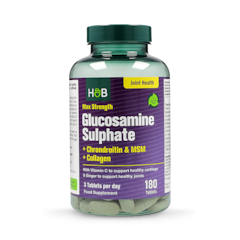
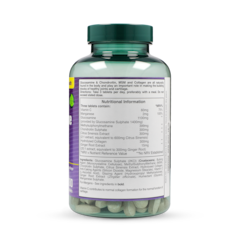
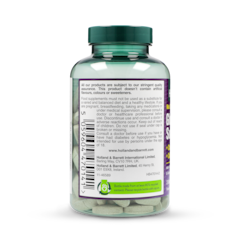
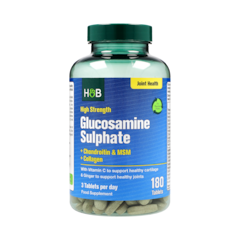
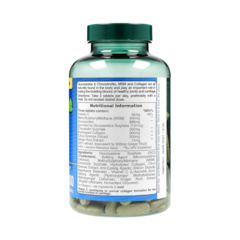
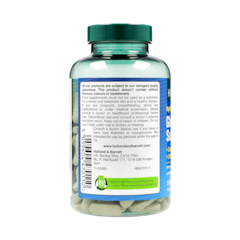
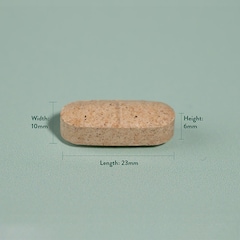
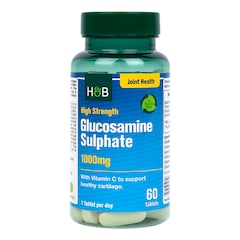
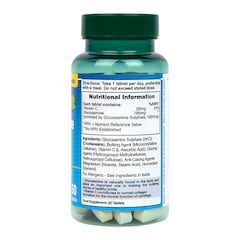
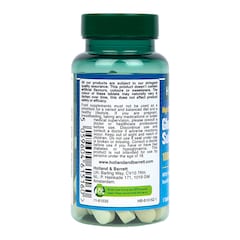
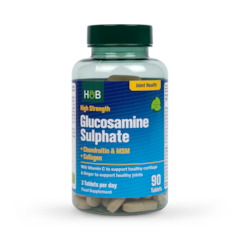
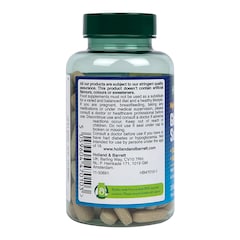
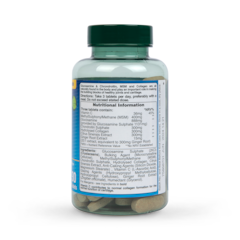
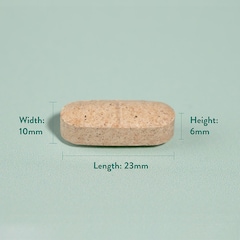
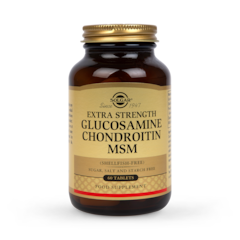
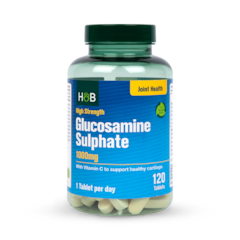
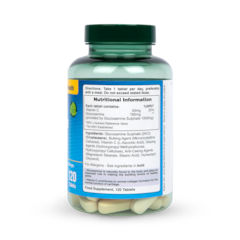
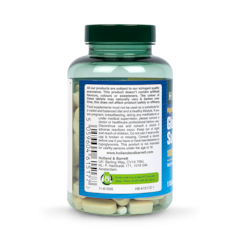
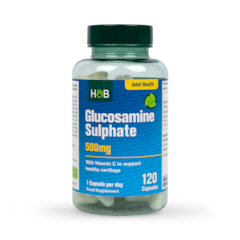
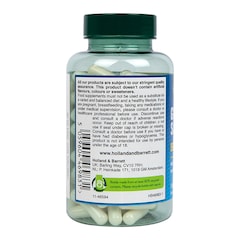
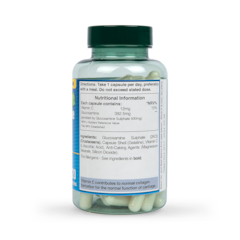
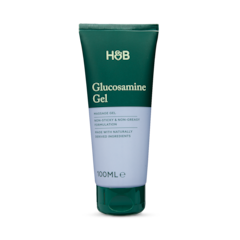
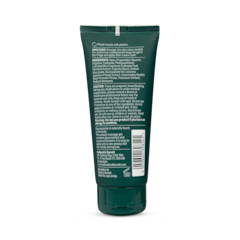
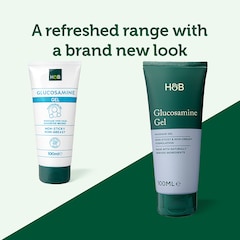
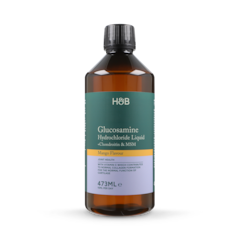
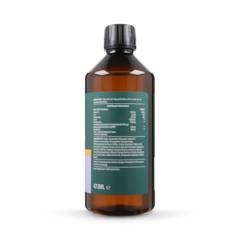
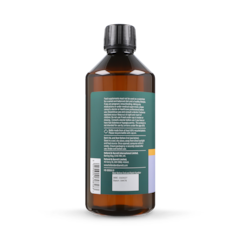
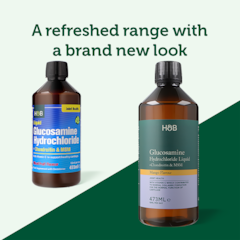
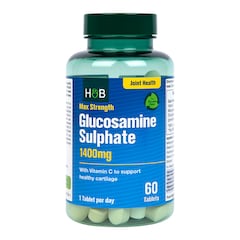
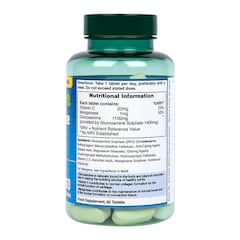
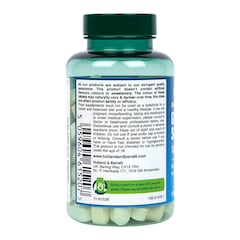
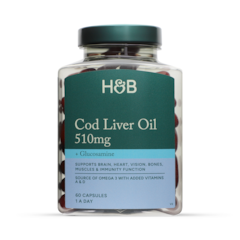
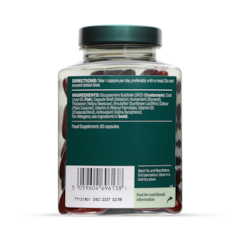
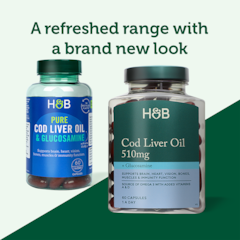
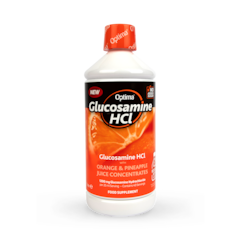
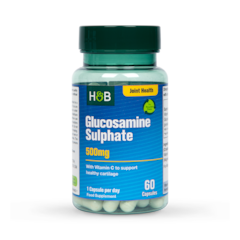
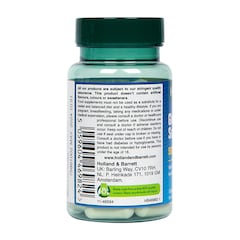
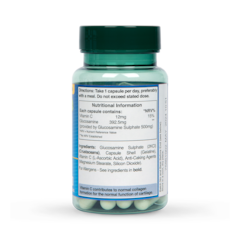
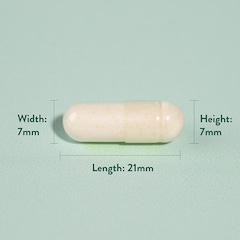
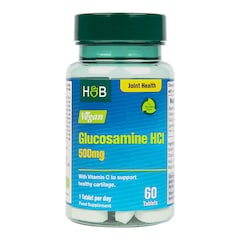
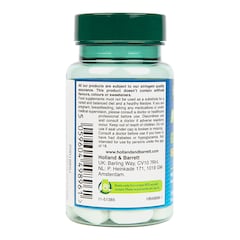
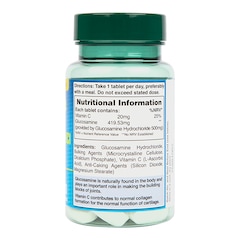
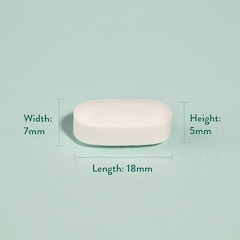
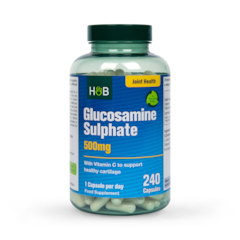
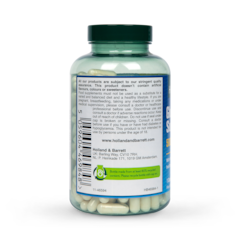
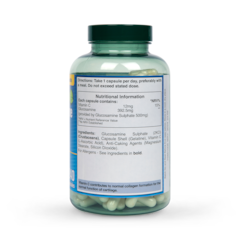
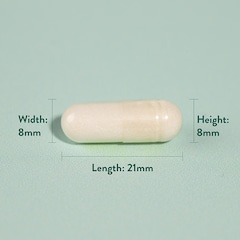
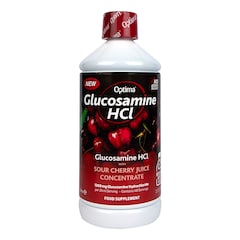
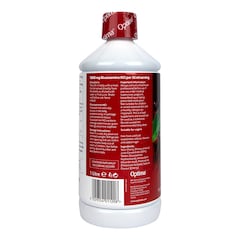
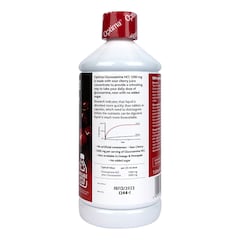
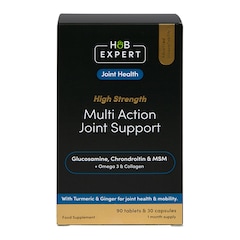
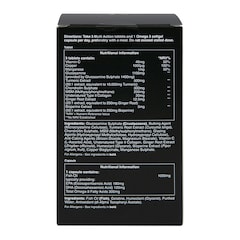
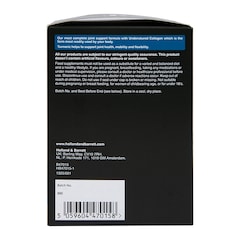
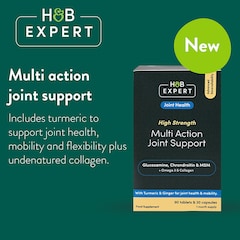
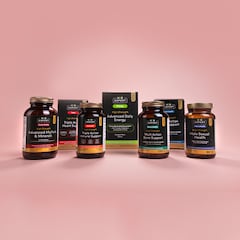
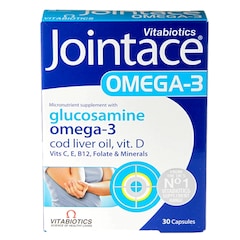
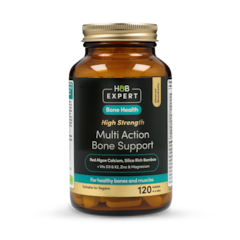
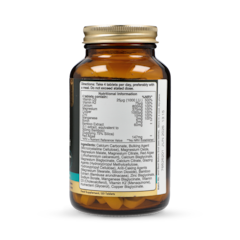
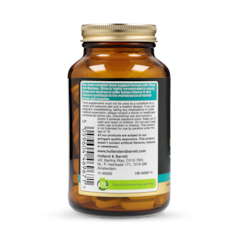
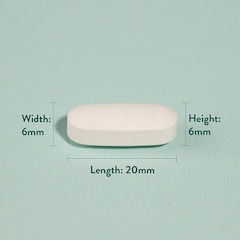
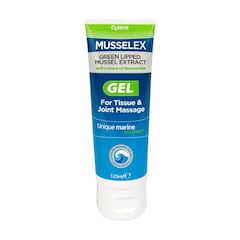
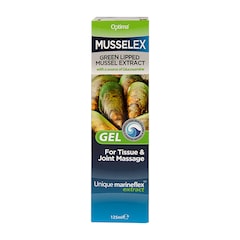
Learn more about glucosamine food supplements. There’s a good chance you’ve heard of glucosamine before. Maybe you’ve read about it online, in the newspaper or in a lifestyle magazine. Interest has been growing in glucosamine over the last few years with more and more supplements coming on the market, many of which are available here at Holland & Barrett.
If you already know what you’re looking for, you’ll be pleased to hear we stock glucosamine supplements in many forms, including glucosamine capsules with cod liver oil, glucosamine tablets and even glucosamine skin gels. If you're new to this increasingly popular supplement, however, keep reading for a full breakdown.
Different types of glucosamine
It’s important to note there are different types of glucosamine. The most common is glucosamine sulfate, but glucosamine chondroitin (which contains another compound found in the body) and glucosamine hydrochloride are also available.
While there’s little research to separate the three, some claim glucosamine hydrochloride may be absorbed better by the body, although everyone reacts differently. Choosing between them often depends on what products are most suitable to you -e.g., suitable for vegans. Did you know we stock more than capsules? On our site you’ll find glucosamine supplements in all different forms, including:
- Glucosamine with cod liver oil and multivitamins
- Glucosamine for pets
- Glucosamine gels
- Glucosamine patches with added aromatherapy oils
- Glucosamine juices with collagen
As for where glucosamine comes from, this naturally occurring chemical compound has multiple sources but is commonly extracted from shells and shellfish. Believe it or not, the list even includes crab and lobster shells, where it’s in high supply.
But don’t worry if you’re vegan, vegetarian or allergic to shellfish, glucosamine can also be grown and made into supplement form in a laboratory. You’ll find these in capsule or tablet form on our online store with products clearly marked ‘suitable for vegetarians or ‘suitable for vegans’, including own-brand quality products from us.
Try glucosamine from Holland & Barrett
Now you know more about glucosamine and the reasons behind its increasing popularity, take a look at the products on offer on our website. As with all food supplements, glucosamine should not replace your daily meals. Read the instructions on the back for dosage advice and speak to a physician or your GP if you’re unsure about anything.
FAQs
What is glucosamine?
Naturally present in our bodies the chemical glucosamine sulfate, often shortened to glucosamine, makes up the fluid and tissue that surrounds our joints.
As we get older, our natural levels of glucosamine tend to drop, resulting in several potential age-related health conditions.
Glucosamine is also found in non-human tissue and has been observed in shellfish shells, fungi and animal bones. However, there are very few food sources of glucosamine.
While many glucosamine supplements contain lab-produced glucosamine, some are made using natural sources, with some even containing shark cartilage.
Why opt for glucosamine?
This amino sugar is used by the body to create a variety of chemicals that are needed for the building of joints, tendons and ligaments as well as synovial fluid, the fluid that surrounds and protects joints.
Which is the best glucosamine supplement out there?
There are a number of different versions of glucosamine, not just glucosamine sulfate.
These others, including glucosamine hydrochloride (or glucosamine HCL), and N-acetyl glucosamine, have the same uses as glucosamine sulfate but they tend to be less effective when used in a supplement.
Many supplements contain additional ingredients which some think make glucosamine more effective.
These include chondroitin sulfate and methylsulfonylmethane (MSM). This combination, as found in Solgar glucosamine chondroitin MSM, is particularly popular.
How much glucosamine should I take?
A dose of 1500mg of glucosamine sulphate is usual, taken at once or in two or three doses throughout the day.
Can glucosamine supplements cause any side effects?
Most people take glucosamine without feeling any ill effects.
However, some people report experiencing heartburn, nausea, abdominal pain and diarrhoea or constipation after taking glucosamine supplements.
Is glucosamine suitable for me?
There are some people for whom glucosamine is not suitable. For example, those who are pregnant or breastfeeding or those taking the blood-thinning drug Coumadin or topoisomerase II inhibitors for cancer.
There is some evidence that glucosamine may not be suitable for asthmatics or people with diabetes. However, research is ongoing.
Those with glaucoma should consult their GP before taking glucosamine supplements and it is recommended to stop taking supplements two weeks before any scheduled surgery.
Glucosamine may not be suitable for those with shellfish allergies because the shells used in some supplements have been in contact with shellfish meat.
